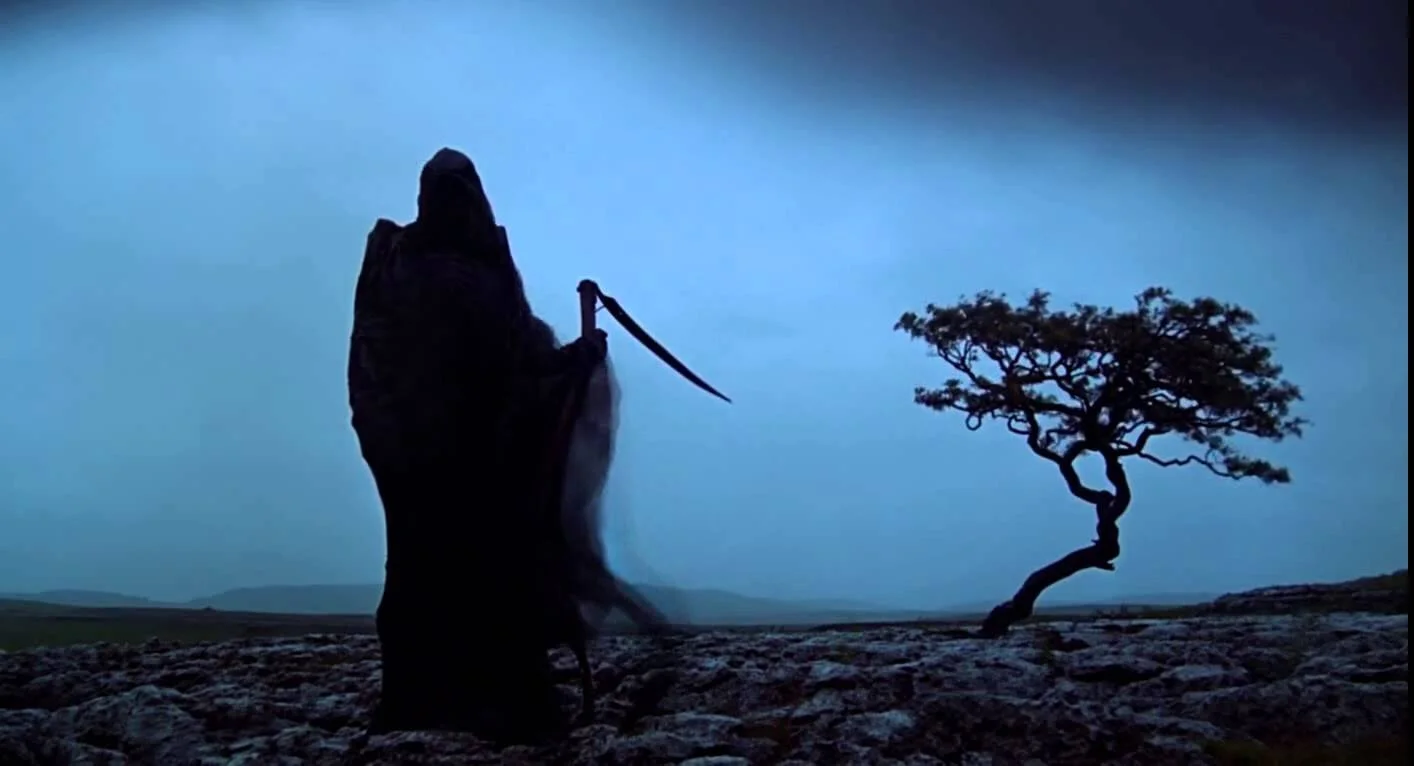Pandemic Literature
Rowan and I reluctantly came to recognize the need for this page. We have fielded so many inquiries from customers about epidemics, pandemics, plagues, and the science behind viral “jumps” between nonhuman to human species that we thought we need to put in one place the references we offer. Fear of the invisible threat extends into the past, whether history or fiction. The present fear looms large. Being human, as Robert Burns pointed out in his poem to the mousie whose life was upset by the plow, means to project the fear into the future, which explains our rich selection of plague-haunted science fiction/horror fiction. Many smart people and good writers have devoted thought and art to considering these fears, and we invite you to calm and measure your own in such good company.
The Windup Girl
The Windup Girl
Winner of the Hugo & Nebula Awards
Anderson Lake is a company man, AgriGen’s Calorie Man in Thailand. Undercover as a factory manager, Anderson combs Bangkok’s street markets in search of foodstuffs thought to be extinct, hoping to reap the bounty of history’s lost calories. There, he encounters Emiko…
Emiko is the Windup Girl, a strange and beautiful creature. One of the New People, Emiko is not human; she is an engineered being, crèche-grown and programmed to satisfy the decadent whims of a Kyoto businessman, but now abandoned to the streets of Bangkok. Regarded as soulless beings by some, devils by others, New People are slaves, soldiers, and toys of the rich in a chilling near future in which calorie companies rule the world, the oil age has passed, and the side effects of bio-engineered plagues run rampant across the globe.
What happens when calories become currency? What happens when bio-terrorism becomes a tool for corporate profits, when said bio-terrorism’s genetic drift forces mankind to the cusp of post-human evolution? In The Windup Girl, award-winning author Paolo Bacigalupi returns to the world of “The Calorie Man” (Theodore Sturgeon Memorial Award winner and Hugo Award nominee, 2006) and “Yellow Card Man” (Hugo Award nominee, 2007) in order to address these important questions.
Named one of the best novels of the year by Time, Publishers Weekly, Library Journal, Locus, and the American Library Association, The Windup Girl has also won the Hugo Award, the Nebula Award, the Locus Award, the Compton Crook Award, and the Campbell Memorial Award

